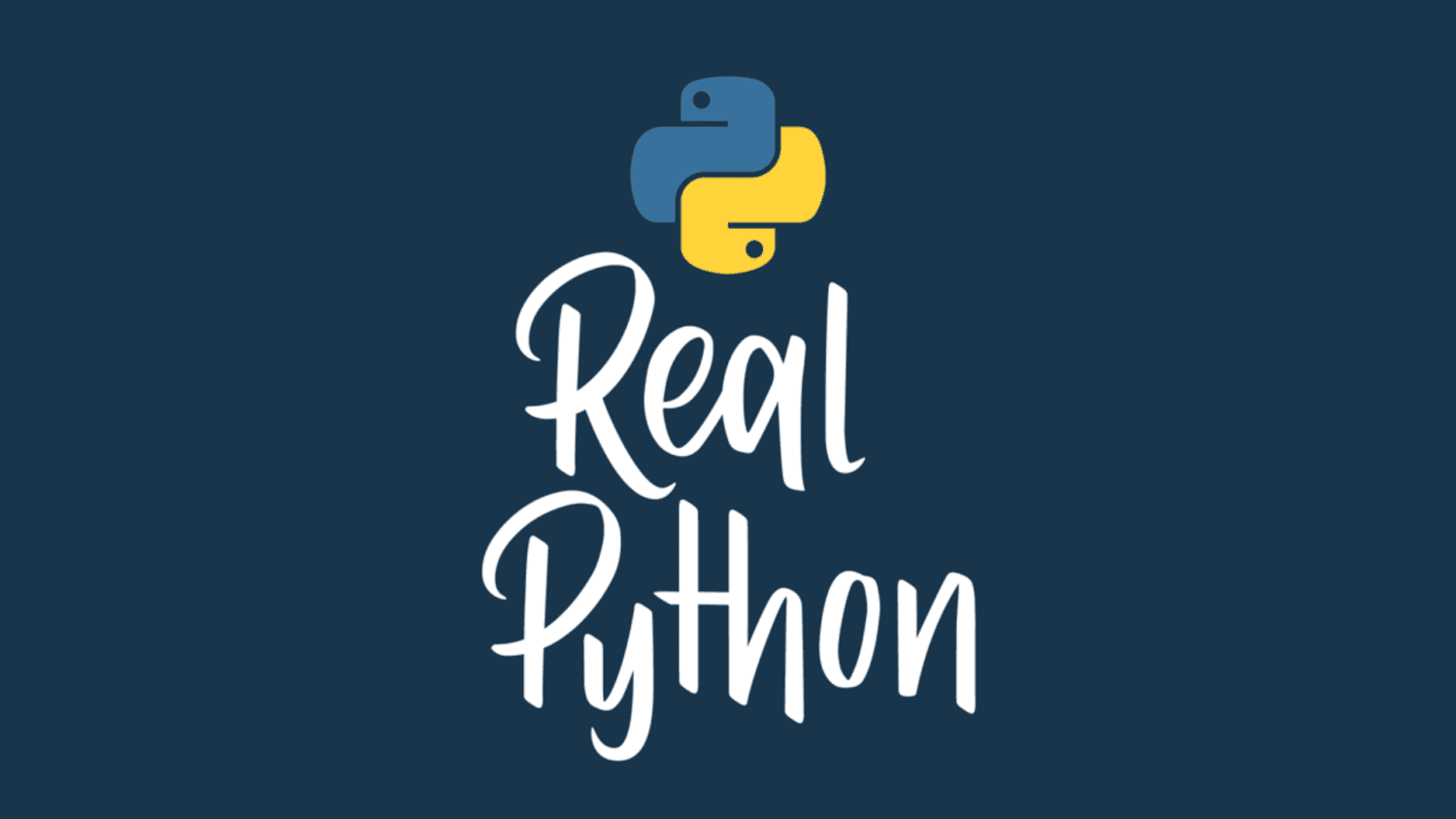
Filtering Iterables With Python
Python’s filter() is a built-in function that allows you to process an iterable and extract those items that satisfy a given condition. This process is commonly known as a filtering operation. With filter(), you can apply a filtering function to an iterable and produce a new iterable with the items that satisfy the condition at hand. In Python, filter() is one of the tools that you can use for functional programming.
In this video course, you’ll learn how to:
- Use Python’s
filter()in your code - Extract needed values from your iterables
- Combine
filter()with other functional tools - Replace
filter()with more Pythonic tools
With this knowledge, you’ll be able to use filter() effectively in your code. Alternatively, you have the choice of using list comprehensions or generator expressions to write more Pythonic and readable code.
To better understand filter(), it would be helpful for you to have some previous knowledge on iterables, for loops, functions, and lambda functions. You can also refresh your memory of lambda functions through a video course.
[ Improve Your Python With 🐍 Python Tricks 💌 – Get a short & sweet Python Trick delivered to your inbox every couple of days. >> Click here to learn more and see examples ]




